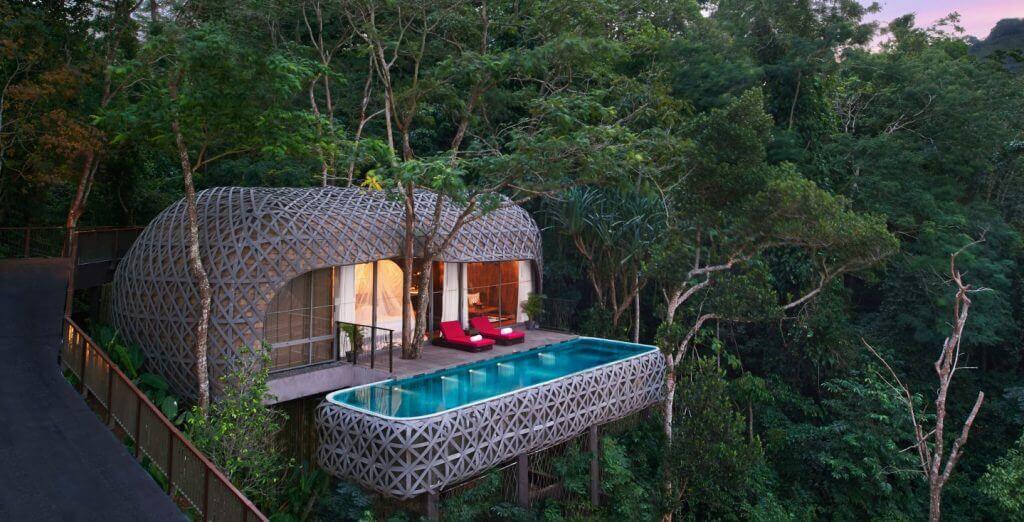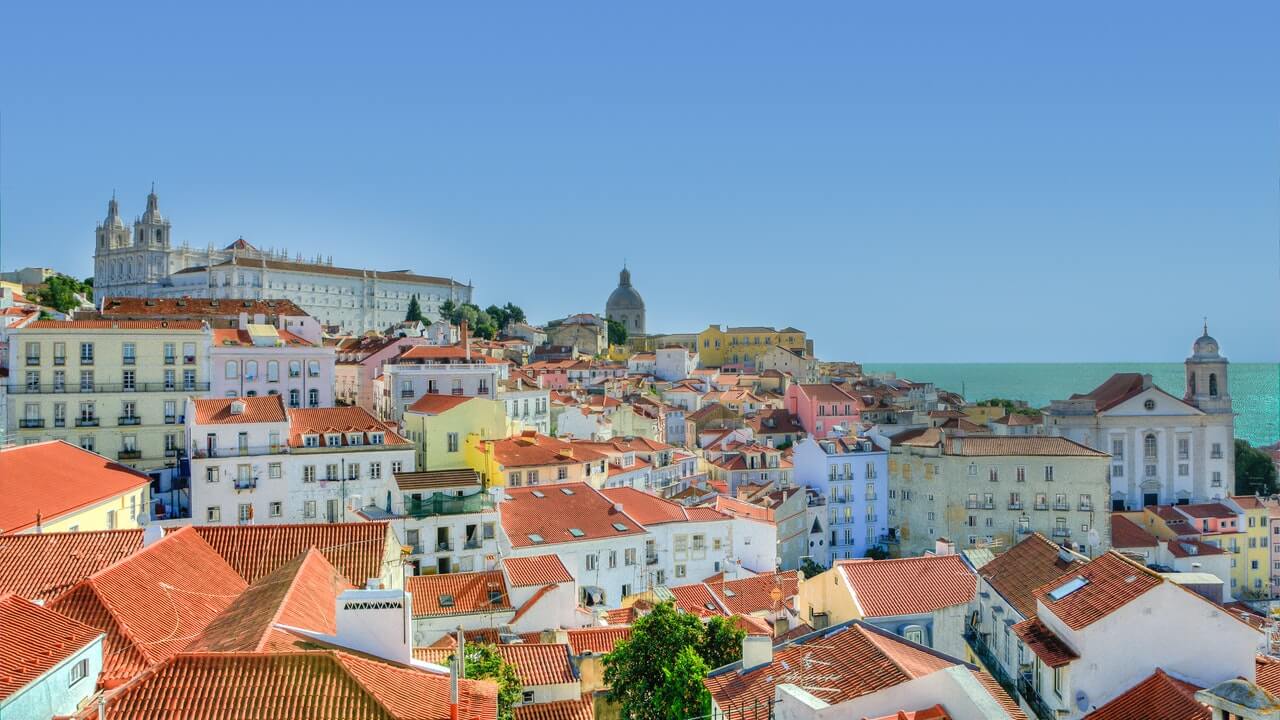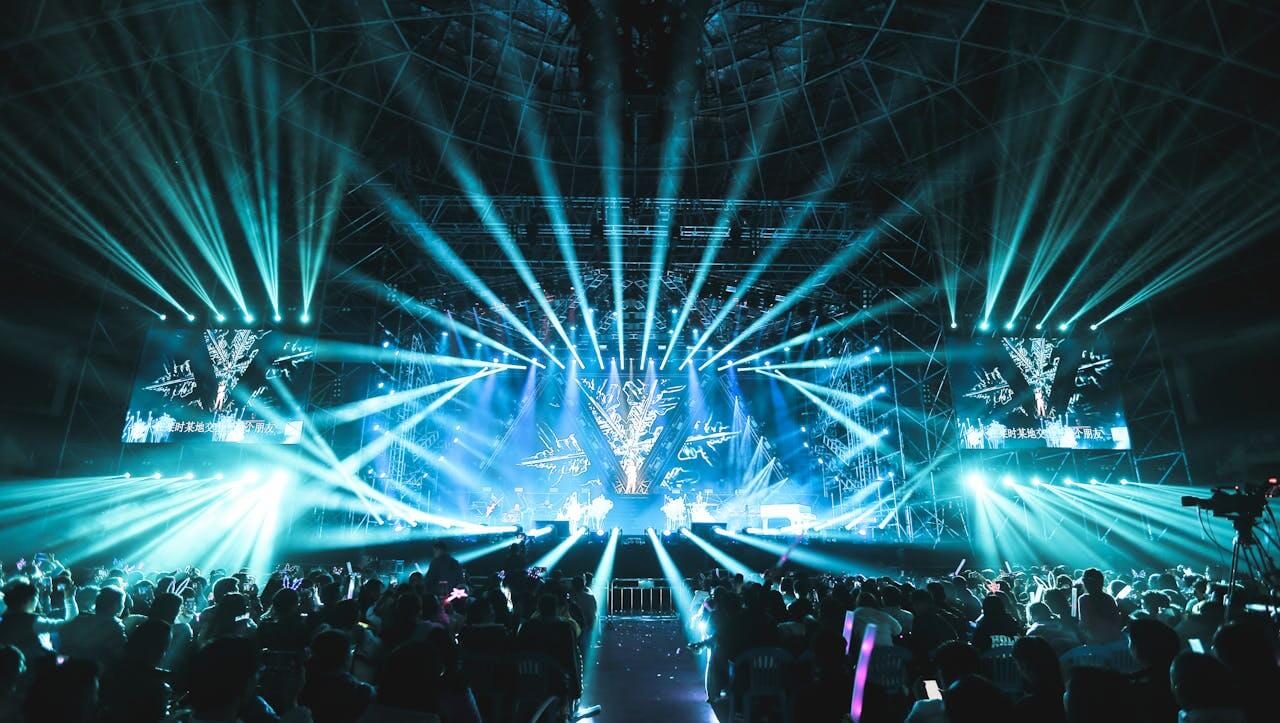
Luxury travel has never had a more challenging year. Yet with the reset button firmly pressed, there may be new opportunities on the horizon for independent and boutique hotels to drive future growth and profitability.
NB: This is an article from Proven Partners
Once a peripheral trend, experiential offerings have more recently become one of the fastest growing areas in international travel. By meeting the global traveler’s desire for immersive, rich and authentic experiences, experiential travel has opened the door for hotels to find new and compelling ways to attract attention and convert it into revenue. As consumer demand for unique and exceptional experiences continues to rise, one thing is certain – experiential offerings are here to stay.
Subscribe to our weekly newsletter and stay up to date
Let’s take a closer look at how to position your property to create meaningful, profitable opportunities for your hotel.
What Does Experiential Mean for Hotels?
For many years, the majority of international travelers sought out known and trusted hotels that offered homogenous standards as a means of reassurance when they were traveling to a new destination. Experiential, on the other hand, is driven by the traveler’s desire to authentically immerse themselves in the culture of their chosen destination.
For hotels, this shines a light on the importance of reflecting their local destination in every facet of their guest experience, from their food sources to their staff uniforms, and from their music playlist to the shampoos and soaps in their bathrooms.
If executed correctly, an experiential hotel offering translates into the creation of an immersive travel experience where guests don’t simply sit in your hotel and enjoy the amenities, but feel part of the culture and environment of your local community. Experiential hotels break down the boundaries between guest and local, designing activities and amenities that bring guests into their new environment. Your hotel becomes a portal for your guests to access these elements on a much deeper, more interactive and exciting level.

Types of Experiential Offerings Hotels Can Provide
So, what do experiential offerings look like in the luxury travel industry? Here are some insights.
#1 – ADVENTURE EXCURSIONS THAT CREATE UNIQUE EXPERIENCES
When it comes to experiential offerings, adventure experiences top the list – and the more remote, unique and exciting they are, the better! The world has become a very small place and guests want to see something that no one else in their social circle has. Travelers are searching for that elusive wow-factor, something that’s unique, challenging and utterly different to anything they’ve ever experienced before. And they are happy to get messy in the process.
For immersive tourism, think climbing cliffs, forging rivers, exploring caves, tracking rare creatures and getting as up close and personal with nature as possible. When we developed Ka’ana Resort, the guest experience was built around intrepid experiences such as the ATM Caves – an all-day hike through the jungle and into underground caverns where the Mayan priests used to perform sacrificial rituals. Our guests accessed the caves early in the morning so that they were the only people there, we ensured the guides were the best in the region, and we offered luxury add-ons like champagne picnics for the ride home to ensure our guests always had the option to incorporate some pampering. This kind of offering creates a story worth telling and gives your potential guest another strong reason to commit to staying with you instead of your competitor.
#2 – CULTURAL TOURISM THAT IMMERSES YOU IN LOCAL COMMUNITIES
Like ecotourism, cultural tourism of the past has at times been limited, sterile and lacking in meaningful interaction. Experiential hotels overcome this by breaking down the barriers between hotels, hotel guests and the communities within which they exist, creating opportunities for upliftment and empowerment while delivering a truly unique guest experience.
Cultural homage comes in many different forms, from designing the hotel based upon availability of sustainable local materials, to serving local cuisines and having community activities for guests run by local people. Singita, a luxury hotel brand in southern Africa, has embraced this by creating a demanding, specialist culinary school for local communities, transforming underprivileged children into world-class chefs who pass their knowledge of unique, local culinary styles on to the lodge’s guests.
Creating a cultural experience for guests means avoiding the generic or the stereotypical and working with the communities right outside your door to create something inspired and unique. When executed correctly, it can create a powerful connection between your resort, your guests and your community that’s grounded in authenticity and respect.




